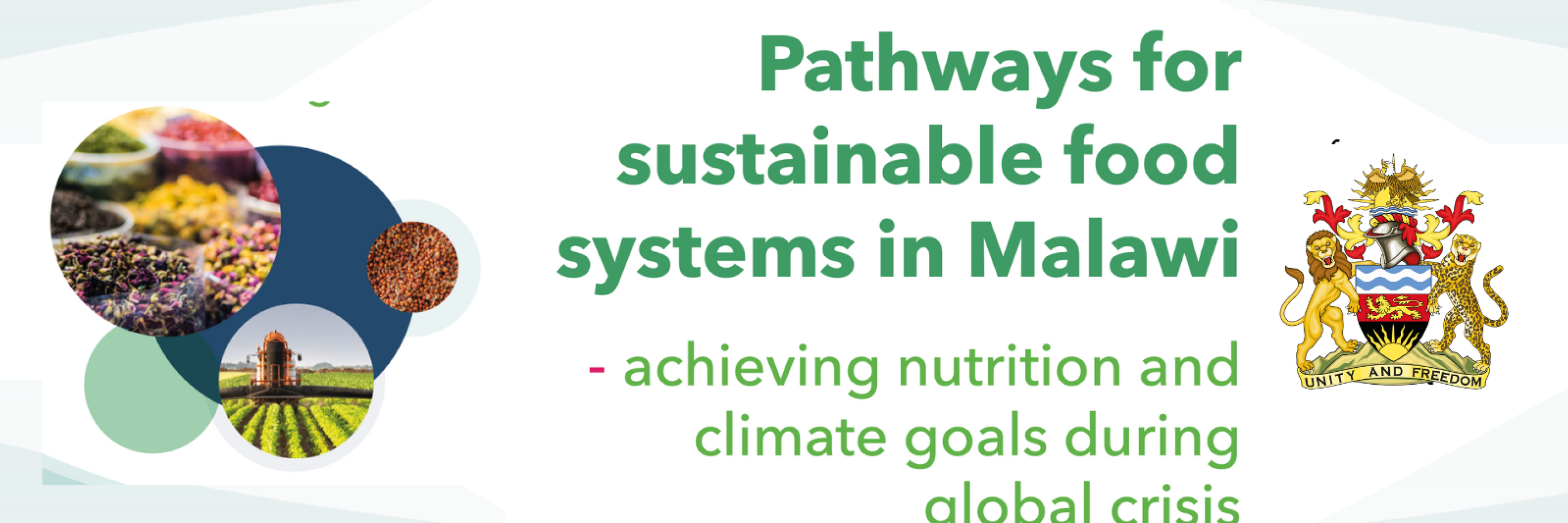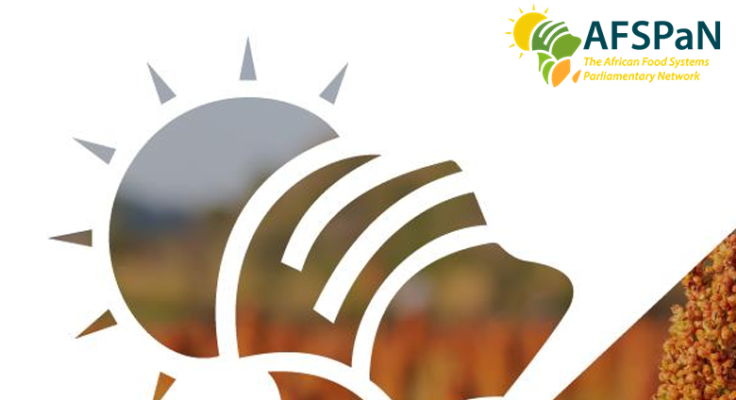
Meeting to implement evidence-based and costed roadmap for Malawi
A two-day meeting is underway in Lilongwe to discuss the implementation of the evidence-based and costed country roadmap for Malawi. Entitled Pathways for sustainable food systems in Malawi – achieving nutrition and climate goals during global crisis, the meeting brings together key stakeholders to determine the feasibility of implementing the priorities identified in the roadmap and to develop actionable strategies for engaging and mobilizing support for the implementation.
Most notably, the meeting brings together different government ministries to tackle food systems while also addressing health and environmental concerns.
The roadmap provides effective public interventions to transform agriculture and food systems in Malawi in a way that ends hunger, makes diets healthier and more affordable, improves the productivity and incomes of small-scale producers, and mitigates and adapts to climate change.
It uses the findings from the Ceres2030: Sustainable Solutions to End Hunger project with a specific focus on the situation in Malawi and provides a microeconomic analysis based on country-level policy documents and peer-reviewed literature. To date, three roadmaps – for Ethiopia, Malawi and Nigeria – have been developed.
Situation in Malawi
Hunger and poverty have been on the rise in Malawi as a result of climate change, economic slowdowns, Covid-19 and, more recently, the rising prices for food, fertilizers and energy. For many, healthy diets are unattainable, and the consequences of climate change are occurring more frequently and with greater severity.
The population is expected to grow from 19.1 million people in 2020 to 25.8 million people in 2030. Alongside the population growth, demand for food and dietary diversity will also increase and further exacerbate environmental challenges. Transforming food systems to deliver on hunger, poverty, healthy diets, and climate change will require significant efforts and resources.
Meeting objectives
The meeting will present the findings from the evidence-based and costed country roadmap for Malawi and discuss how the country can transform its food systems to support healthy diets and climate change.
A working session will explore the potential for a healthy diet in combating climate change and transforming food systems. Participants will engage in focused discussions and generate ideas, strategies, and recommendations.
The second day of the meeting will focus on the feasibility and impact of priorities identified in the report and develop actionable strategies for engaging and mobilizing support.
Meeting participants
This meeting is jointly organized by the Government of Malawi, BMZ, FAO, GIZ, IFPRI, and the Shamba Centre for Food & Agriculture under the aegis of the Zero Hunger Coalition.
It brings together high-level government officials from the Ministry of Agriculture, the Ministry of Health and the Ministry of Natural Resources and Climate Change as well as donor governments, NGOs, research institutions and multilateral institutions.
Sowing the Seed of Change webinar
Alongside the meeting, the SDG2 Advocacy Hub is organizing a public webinar on how farmers can drive healthy diets and climate action in food systems.
The webinar will explore the crucial role of small-scale food producers in driving healthy diets and climate action within food systems. It will present the New Consensus with small-scale food producers, highlighting the strategies and actions that farmers can undertake to promote sustainable agriculture, enhance nutrition and mitigate against climate change.



